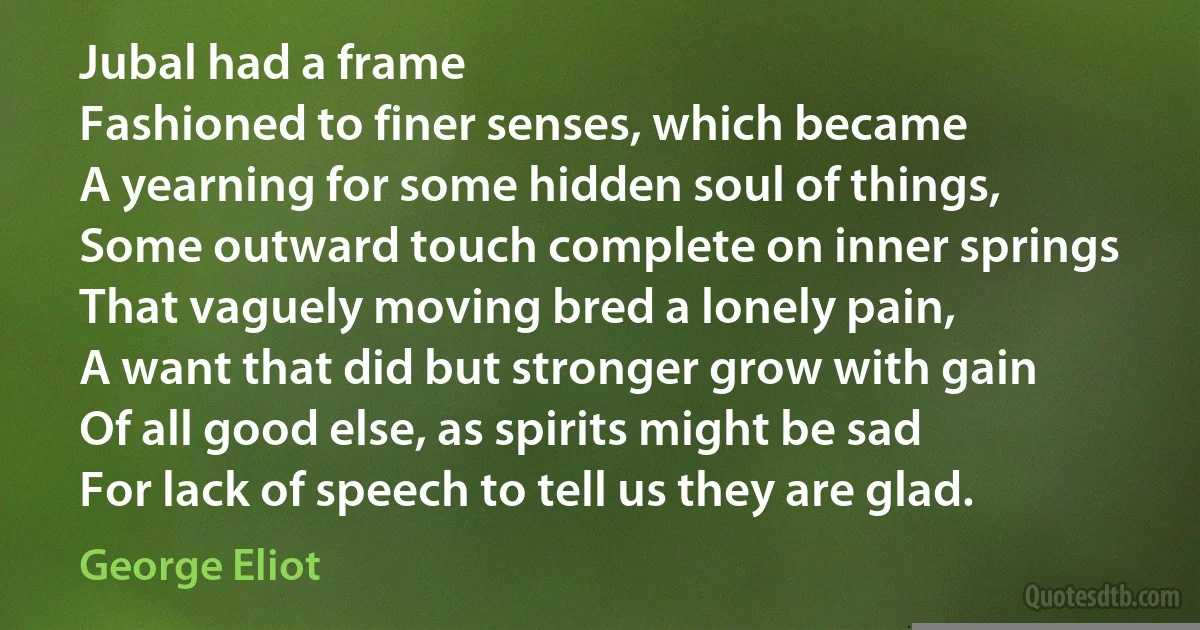Breed Quotes - page 17
I had barely sat down when he began to tell me... that science writers were "ignoramuses" and a "terrible breed" who invariably got things wrong: only scientists were really qualified to present their work to the masses. As time went on, I felt less offended, since it became clear that Gell-Mann held most of his scientific colleagues in contempt as well.

Murray Gell-Mann
The White race comprises about 8% of earth's population. Due to abusive taxation we have had to curtail family sizes and now we average far less than replacement. Meanwhile, our taxes are used to breed Colored families of a dozen and more children. As a result we are a comparatively old race. The relevant statistic to survival is the number of White women of childbearing age or younger. About 2% of earth's population is young White female. In addition our masters force us to accept immigration by millions of Coloreds each year into the once White countries. Finally, the propaganda promoting inter-racial mating, particularly between White women and Colored males, is unceasing. We must now speak with the eloquence of emergency and act with the fanaticism of desperation. We must finally realize that political, religious and economic systems can be destroyed, rebuilt or replaced, but the death of our race will be eternal. It is beyond just setting priorities. Survival is the only issue.

David Lane (white nationalist)
Superstition is another mighty evil, and has caused much terrible cruelty. The man who is a slave to it despises others who are wiser, tries to force them to do as he does. Think of the awful slaughter produced by the superstition that animals should be sacrificed, and by the still more cruel superstition that man needs flesh for food. Think of the treatment which superstition has meted out to the depressed classes in our beloved India, and see in that how this evil quality can breed heartless cruelty even among those who know the duty of brotherhood. Many crimes have men committed in the name of the God of Love, moved by this nightmare of superstition; be very careful therefore that no slightest trace of it remains in you.

Jiddu Krishnamurti
The sense of meaning is not born in ease and sloth. It comes after bitter trials, disappointments in the glitters, foundering, strandings. It is the marrow from the bone. There is no manna in our wilderness.
Thought is not bred apart from experience or from inner surroundings. Thinking is living, and no thought is bred in an isolated cell in the brain. No thought is an island.

Abraham Joshua Heschel
King William asked Mr. Locke how long he thought the revolution principles might last in England. The philosopher answered, "Till this generation shall have passed away, and our universities shall have had time to breed a new one." Many things I disapprove in our universities, where the country gentlemen are educated in Toryism by Tory clergy.

Horace Walpole
Sins are sin-begotten, and their seed
Bred of itself and singly procreative;
Nor is God served with setting this to this
For evil evidence of several shame,
That one may say, Lo now! so many are they;
But if one, seeing with God-illumined eyes
In his full face the encountering face of sin,
Smite once the one high-fronted head, and slay,
His will we call good service. For myself,
If ye will make a counsellor of me,
I bid you set your hearts against one thing
To burn it up, and keep your hearts on fire,
Not seeking here a sign and there a sign,
Nor curious of all casual sufferances,
But steadfast to the undoing of that thing done
Whereof ye know the being, however it be,
And all the doing abominable of God.
Who questions with a snake if the snake sting?
Who reasons of the lightning if it burn?
While these things are, deadly will these things be;
And so the curse that comes of cursed faith.

Algernon Charles Swinburne
There is no place in Spinoza's system for a sense of mystery in the face of nature. Such an attitude is to be dispelled by the intelligibility of things. Religious wonder is bred by ignorance, he believes. Spinoza contrasts the person who "is eager, like an educated man, to understand natural things" with the person who "wonders at them, like a fool". For Spinoza, anyone who would approach nature with the kind of worshipful awe usually demanded by the religious attitude represents the latter. By definition, and in substance, pantheism is not atheism. And Spinoza is an atheist.

Baruch Spinoza
Today our country is being psychologically divided by the confusion and the suspicions that are bred in the United States Senate to spread like cancerous tentacles of "know nothing, suspect everything" attitudes. Today we have a Democratic Administration that has developed a mania for loose spending and loose programs. History is repeating itself - and the Republican Party again has the opportunity to emerge as the champion of unity and prudence.

Margaret Chase Smith
The climate of his mind is so salubrious, so invigorating, that dull thoughts and heavy cares are dispelled by contact with it.
And is not this the true end of scholarship? It is to make us wise, of course, but what is the use of being wise if we are not sometimes merry? The merriment of wise men is not the uninformed, gross fun of ignorant men, but it has more kinship with that than the pinched, frightened fun of those who are neither learned nor ignorant, gentle nor simple, bound nor free. The idea that a wise man must be solemn is bred and preserved among people who have no idea what wisdom is, and can only respect whatever makes them feel inferior.

Robertson Davies
They dare'd not invade the palace while the globe shone, for the light-rays would have killed them. ... This island-continent would have gone down beneath the sea long ago if I hadn't pitted my magic and my science against that of the children of Dagon. They are masters of the earthquake, and Atlantis rests on none too solid a foundation. Their power is sufficient to sink Atlantis forever beneath the sea. But within that room" - Zend nodded toward the curtain that hid the sea-bred horrors - "in that room there is power far stronger than theirs. I have drawn strength from the stars, and the cosmic sources beyond the universe. You know nothing of my power. It is enough - more than enough - to keep Atlantis steady on its foundation, impregnable against the attacks of Dagon's breed. They have destroyed other lands before Atlantis.

Henry Kuttner
Born and bred a member of the leather-aproned class, Franklin was, at least for most of his life, more comfortable with artisans and thinkers than with the established elite, and he was allergic to the pomp and perks of a hereditary aristocracy. Throughout his life he would refer to himself as "B. Franklin, printer."
From these attitudes spring what may be Franklin's most important vision: an American national identity based on the virtues and values of its middle class. Instinctively more comfortable with democracy than were his fellow founders, and devoid of the snobbery that later critics would feel toward his own shopkeeping values, he had faith in the wisdom of the common man and felt that a new nation would draw its strength from what he called "the middling people." Through his self-improvement tips for cultivating personal virtues and his civic-improvement schemes for furthering the common good, he helped to create, and to celebrate, a new ruling class of ordinary citizens.

Walter Isaacson
Of pure American breed, of reckless health, his body perfect, free from taint from top to toe, free for ever from headache and dyspepsia, full-blooded, six feet high, a good feeder, never once using medicine, drinking water only-a swimmer in the river or bay or by the seashore- neck open, shirt collar flat and broad, countenance of swarthy transparent red, -face not refined or intellectual, but calm and wholesome-a face of an unaffected animal-a face that absorbs the sunshine and meets savage or gentleman on equal terms-a face of one who eats and drinks and is a brawny lover and embracer -a person singularly beloved and welcomed, especially by young men and mechanics- there you have Walt Whitman, the begetter of a new offspring out of literature...

Walt Whitman
I don't know the counts of Unix and Linux servers. I do know that my heart sinks whenever I look under the hood in Linux. It is has been so overfed by loving hands. Over 240 system calls! Gigabytes of source! A C compiler with a 250-page user manual (not counting the language definition)! A simple page turner, 'less,' has over 40 options and 60 commands! It's proof that open-source can breed monsters just like the commercial pros. Miraculously, though, this monster works.

Doug McIlroy



